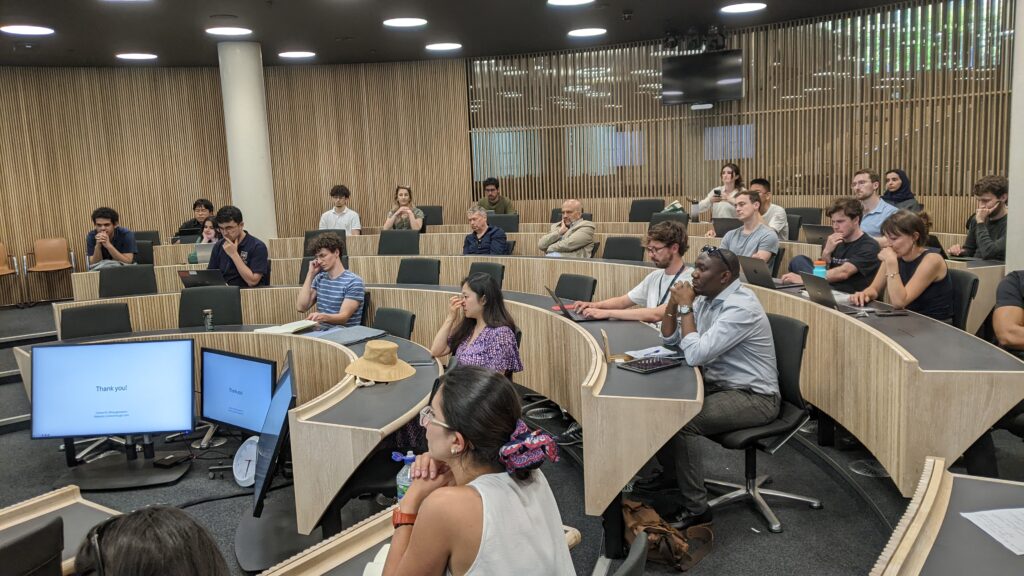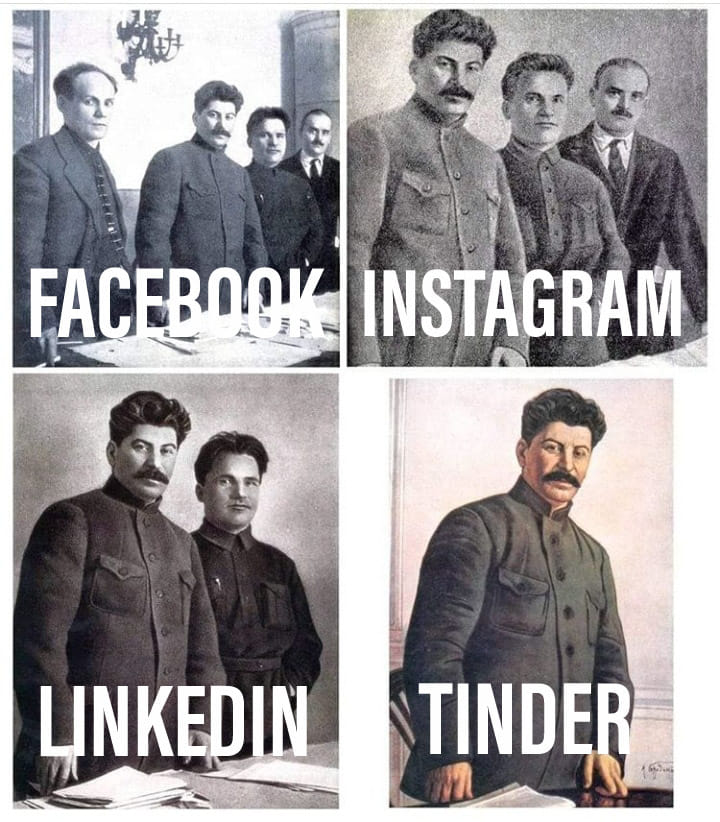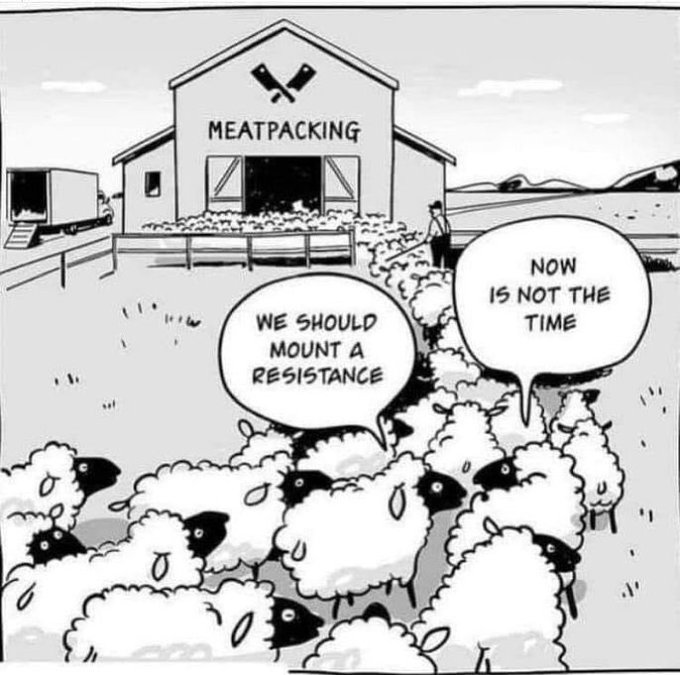Let’s talk about the tension in the shifting of the #openweb reboot, and why so many grassroots builders and radical technologists find themselves on the outside looking in. Scene: A typical “open internet” conference in Europe. Excited NGO-funded attendee toots:
“Just booked my place for ePIC in Lille! My first Eurostar trip! It’s where I started 10 years ago with Mozilla. Time flies. #OpenBadges #VerifiableCredentials”Me (a social tech outsider):
“These things are hopelessly expensive. To attend you have to worship the #deathcult. Hard to know what to do with these two-track approaches. Kinda can’t be #openweb if they’re locked behind temple walls.”PS. It’s a metaphor. But not an empty one.
Two economies, two Internets, the #mainstreaming of the #openweb means that most so-called “open” events are inaccessible unless you:
Work for a #NGO, startup, or university with a travel budget
Have a career track aligned with #neoliberal frameworks
Can spend hundreds of pounds on accommodation, tickets, and travelThat’s not grassroots, not radical, not open – it’s branded openness for the networking class. The Reply:
“I think that’s a complicated way of saying you can’t afford to go?”No, it’s not, it’s a social critique, and a common one from those of us who have spent decades building the very grassroots tech infrastructures and media, unpaid or underpaid, mostly ignored. So now its #mainstreaming it’s about asking: Who do you think the #openweb is for, really?
So, why does this matter, when we raise issues like this, we’re not “being reply guys.” We’re making a point about the structural divides that are silencing and marginalising the very voices we need most in these spaces, the people actually building and defending the #openweb on the ground. You can’t build democratic tech by replicating elitist spaces and calling them “inclusive” just because the code is on GitHub. The pushback:
“You can’t live outside the mainstream, throw rocks at it, and complain when it doesn’t accommodate you.”
“I’ve never had a positive interaction with you. You wear that like a badge of honour. I’m muting you.”Pause here, is this the attitude we want? If you’re part of the #NGO world, if you have stable income and access to conference budgets, then you are in a position of power. When someone critiques that system, not you personally, but the structures you inhabit, and your reaction is to mute, dismiss, or mock them… something has gone wrong. Because this is exactly how we lose the #openweb. Not to tech giants, but to social silos within our own communities.
A different approach? Imagine this instead:
“You're right, many of these events are structurally exclusionary. I’ll raise this at the conference. How do you think we can bridge this divide without compromising either side?”That’s the kind of solidarity we need, that’s how we stop #mainstreaming the death spiral, how we build together. If we want an #openweb that isn’t just another branded ladder for careerists, we have to defend the messy, painful, and vital presence of the grassroots, even when they come knocking without a conference pass.
Muting critique is easy, building bridges? That’s harder, but it’s the only thing worth doing right now.
#NLnet #NGI #NGIzero #EU #funding










